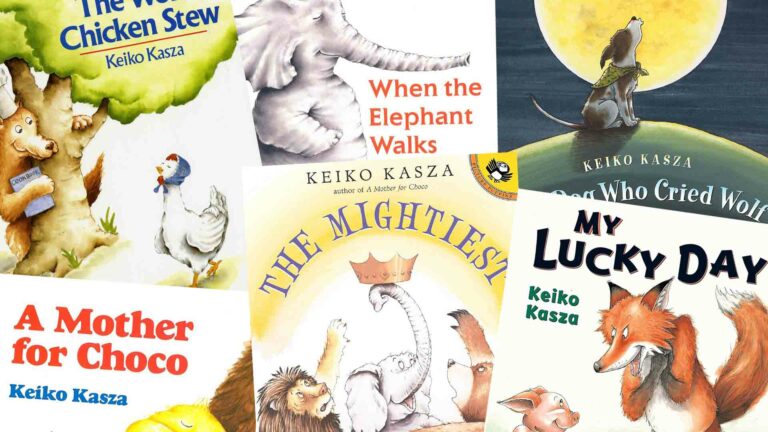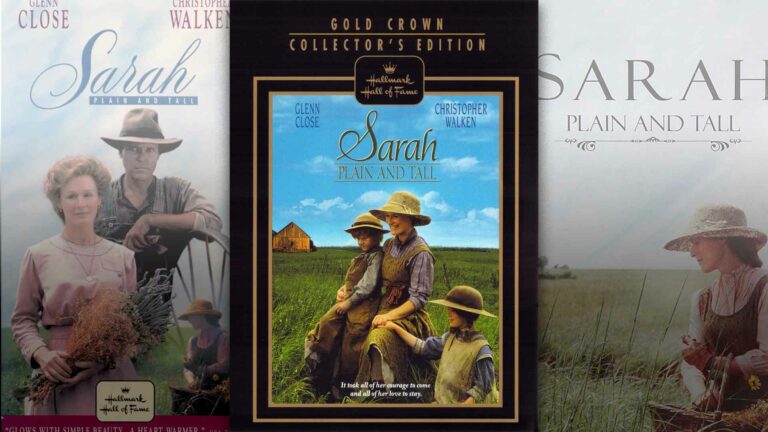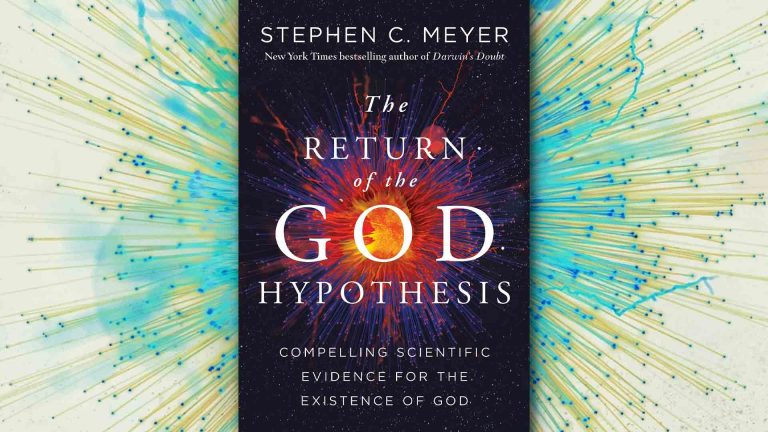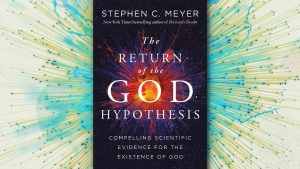Music, News
Taylor Swift’s explicit evolution
Last week, Taylor Swift released her 11th studio album, The Tortured Poets Department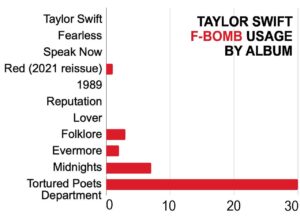 , comprised of 16 songs. Hours later, she dropped part two of the album consisting of another 15 songs called The Anthology, creating a double album. In this latest effort Swift says the f-word more than her first ten albums combined – one Reddit user says, “If you extrapolate this data, five albums from now she will have to release an album that says roughly 24,000 times.”
, comprised of 16 songs. Hours later, she dropped part two of the album consisting of another 15 songs called The Anthology, creating a double album. In this latest effort Swift says the f-word more than her first ten albums combined – one Reddit user says, “If you extrapolate this data, five albums from now she will have to release an album that says roughly 24,000 times.”
Swift’s earlier music had been known for clean pop love songs, her country music devoid of explicit language and even incorporating biblical themes, such as in her song “Christmas Must Be Something More,” where she sings, “So here's to Jesus Christ who saved our lives.” That made her a favorite of many parents.
However, her latest album features explicit sexualized language and blasphemous lyrics mocking Christ’s death and resurrection. In her song “Guilty as Sin,” she sings,
What if I roll the stone away?
They’re gonna crucify me anyway
What if the way you hold me is actually what’s holy?”
Another song, “But Daddy I Love Him:” bashes Christians, calling them:
…the most judgmental creeps
Who say they want what's best for me
Sanctimoniously performing soliloquies I'll never see
The rest of the material can be seen through a long X thread that asks “Is this the music you want your kids listening to?” Young people are impressionable, so it’s crucial to be mindful of the messages they’re exposed to.
Despite the album’s title, Swift is not a tortured poet; rather, she is praised by millions of fans worldwide. With a significant influence, especially on young girls, Swift’s dark turn is one parents need to know about. This is not the Taylor Swift of ten or fifteen years ago.
Train up a child in the way he should go; even when he is old he will not depart from it (Proverbs 22:6).
Interview with an artist
Hetty Veldkamp’s landscapes began with a birthday
Interview with an artist
*****
 Lighthouse at Snug Harbour
Lighthouse at Snug Harbour
36" x 24”
“Taken last year when a friend gave us a boat ride to Snug Harbour, near Killbear Park. As we were entering the harbor, the sun was low and casting a warm glow on everything. It was such a beautiful moment and i tried to capture it in this painting.”
Years ago, Hetty Veldkamp retired from a successful career in graphic design to raise her family. But then, two decades later, a birthday gift she created for her husband launched her second artistic career, this time as a landscape painter.
She’d always been drawn to art. When she was younger Hetty would often create pencil drawings, just for fun, based on photos from magazines or advertisements. Her high school art teacher saw potential in her work and encouraged Hetty to consider art as a career.
After studying illustration and graphic design at Sheridan College, Hetty accepted a job as a graphic designer/coordinator with the Alberta government’s Public Affairs Bureau. She designed brochures, report covers, and logos for the various government departments. Then in the evenings Hetty would work on freelance projects or paint small watercolor paintings which she sold to friends and colleagues. “I was busy with everything art.” But when she and her husband decided to have a family, Hetty took a break from art-making.
That break would last 25 years.
For as long as she can remember Hetty has also been drawn to nature. She grew up beside the sea, living in a quaint fishing village in the Netherlands. She later settled in the rural Niagara Region in southern Ontario after immigrating to Canada with her parents. In the years that followed, Hetty and her family explored the many different regions of Ontario’s “cottage country” and Hetty became “hooked on the peace and beauty found there.”
“I have always enjoyed the great outdoors, hiking, camping, and cottaging. The vistas of Northern Ontario, Kilarney, Algonquin, and Killbear Provincial Parks; Georgian Bay and the landscapes of northeastern Ontario are a real inspiration to me.”
 Lily on a Summer Day
Lily on a Summer Day
40" x 20"
“This one was inspired while kayaking near a friend's cottage. It was summer and so peaceful, the lilies just seem so calm and serene. Lilies are a popular subject, and I paint them often.”
For her, they all brought the words of Psalm 8 to mind; “How majestic is your name in all the earth!”
It was those experiences and memories of those landscapes, previously painted by members of the famous Group of Seven, that inspired Hetty to pick up her brushes again. First she painted a painting as a gift to her husband for his birthday. She didn’t stop there. Many more paintings followed, some successful and some not so much. But Hetty persevered. She now has no problem selling everything she produces. Scenes of Ontario’s north feature prominently in her vast portfolio on her website. Judging by the number of paintings that are labeled “SOLD,” the scenes are popular with buyers too!
Hetty lives and works in Richmond Hill, Ontario. Working primarily in oil paint she works to capture her love of the outdoors and the peace she finds there.
“The lakes, trees, islands and rocks are beautiful; the ever-changing skies and water continue to inspire me.”
I remember Hetty speaking at my high school for a career day – she was one of the people who inspired me to pursue illustration and design. I even studied at the same college as she did!
You can see more of Hetty’s artwork on Facebook, Instagram, or at ArtByHetty.com. You can also email her at [email protected].
Jason Bouwman loves landscape painting too. Find his work at JasonBouwman.com and send him suggestions for artists to profile at [email protected].
Today's Devotional

April 26 - The fruit of the Spirit - Faithfulness
“…Be faithful unto death, and I will give you the crown of life.” - Revelation 2:10
Scripture reading: Revelation 2:8-11
God is a faithful God Who has kept every promise. Faithfulness is being trustworthy, loyal and dependable. And since our covenant-keeping God is faithful, shouldn’t that also be true of His people? We are being conformed to the image of His Son. We are…
Today's Manna Podcast

Taste and See: The Heidelberg Catechism
Serving #459 of Manna, prepared by Jake Torenvliet, is called "Taste and See" (The Heidelberg Catechism).






















